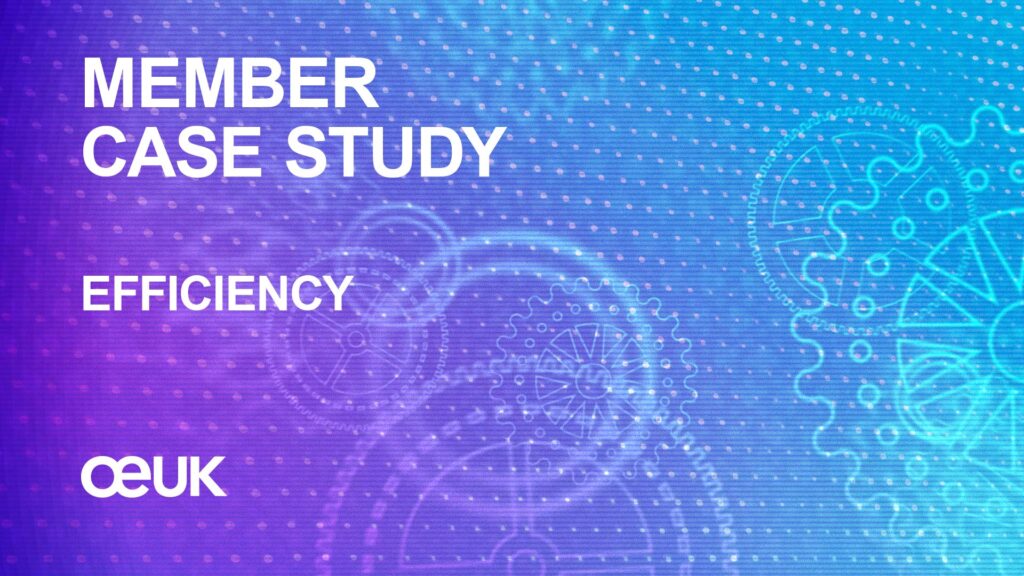Since 2014, the Engineering Construction Industry Training Board (ECITB) has run a successful offshore project management mentoring programme that has so far brought together nearly 50 pairings.
The programme emerged from an acknowledgment around five years ago that there was a gap in the way industry was developing its project management capabilities. Under its auspices, an offshore project management steering group was formed which in turn led to the introduction of a two-level mentoring scheme: a foundation programme for people with at least three years’ background in project-related roles or following an academic route into the discipline, and a strategic programme for personnel with at least five years’ experience including managing complex projects.
The ECITB uses an anonymised pairing process and development is based in part on a competency gap analysis completed by prospective mentees.
“Mentoring is one of the best ways to help relatively inexperienced people who have built up their knowledge through training programmes, for example,” says ECITB director of operations Andy Brown. “It provides a context for the individuals to implement that knowledge.”
The fact that the programmes are independent of the workplace is beneficial too – all three eliminate the potential constraints associated with being mentored by someone from within the participant’s own business. “It’s a ‘safe’ environment in which they can ask what they may think are stupid questions or challenge something. Sometimes their own work environment might not feel like the right place to do that,” explains Andy.
Carol Sinclair, ECITB account manager for Scotland and mentoring scheme manager, says both parties in the mentor/mentee relationship can benefit from the experience. “It’s about the mentor helping to guide the mentee to explore new issues and options, rather than just providing the answers,” she says. “At the same time, our mentors get something out of it. They want to make a difference; they’re very passionate about supporting new people coming through the project management profession.”
Adds Andy: “Whether mentor or mentee, it’s important to do it because you believe it’s the right thing to do. That’s the only way you’ll make the most of your commitment. Don’t do it because you feel you must or your business told you to.
“If you’re a mentor, think about how your experience can shape the success of the industry. You’re putting something back.”
This article was first published in the Autumn 2018 issue of Wireline.
Share this article

